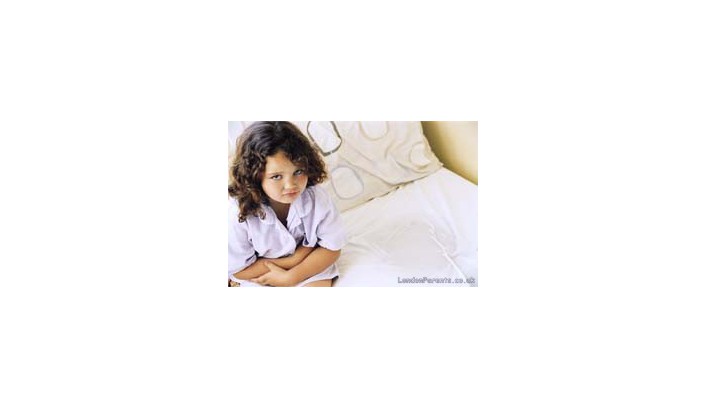-
20 July
-
04 November
-
10 July
-
12 June
-
05 June
-
24 September
-
19 September
-
10 May
-
26 April

The first thing to know about bedwetting is that it is very common - over 1 million people in the UK are affected. Around 1 in 6 five year olds and 1 in 11 nine year olds wet the bed.
Below 5 years of age occasional bedwetting is more normal as the development of bladder control is a gradual process.
You may hear your doctor refer to bedwetting as nocturnal enuresis.
Medical treatments aren't usually recommended for children under the age of five as it's common to wet the bed at this age (though exceptions can be made if a child finds bedwetting particularly upsetting).
Bedwetting usually only becomes a concern in children who are five years of age or over and who are wetting the bed at least twice a week.
Although bedwetting doesn't pose a threat to a child’s physical health, it can have a considerable psychological impact on their self-esteem and confidence, particularly in older children.
So if your child is experiencing frequent bedwetting and is finding it upsetting, it's recommended that you contact your GP for advice.
Bedwetting can also be a frustrating and upsetting problem for parents, not only coping with its effects on the child, but having to deal with the practical and financial consequences, such as continually washing bedclothes.
Why does my child wet the bed?
In rare cases, bedwetting may be the symptom of an underlying health condition, such as type 1 diabetes (which can cause an excessive production of urine) or constipation (if the bowels aren't fully cleared it can place pressure on the bladder).
Secondary bedwetting, where bedwetting begins after a long period of dryness, can be triggered by some type of emotional distress, such as being bullied or moving to a new school.
However, in the majority of cases, there's no clear reason why a child wets their bed. It could be due to your child:
- producing more urine than their bladder can cope with
- the bladder is overactive or ‘irritable’ meaning that it can only hold a small amount of urine
- their bladder is being very deep sleeper and not reacting to the signals telling their brain that their bladder is full
Bedwetting can also run in families. In about half of cases, one of the child’s parents (usually the father) had a history of bedwetting as a child.
Types of bedwetting
Bedwetting often falls into two distinct types. These are where the child:
- has wet the bed (or their nappy) every night or almost every night since birth – this is known as primary nocturnal enuresis
- begins to wet the bed after a period of at least six months of persistent dryness – this is known as secondary nocturnal enuresis
Bedwetting can also be classified as:
- monosymptomatic – night time bedwetting is the only symptom
- polysymptomatic – a child has other symptoms, such as a frequent need to pass urine during the day or a sudden and urgent need to urinate
- it's not their fault
- they're not alone
- it will get better
Related articles
Parenting is no easy task, and for Jordan and Briana Driskell, raising their quintuplets—Zoey, Dakota, Hollyn, Asher, and Gavin&mdash...
Read moreFocus on back to school - include a free...
Emma WallaceThe summer holidays are drawing to a close and September sees pupils heading back to the classroom. Alongside buying new uniform and statio...
Read moreA Starbucks employee went viral after sharing a video where they broke down in tears due to being scheduled for an eight-hour shift. ...
Read more0 comments
No messages yet




